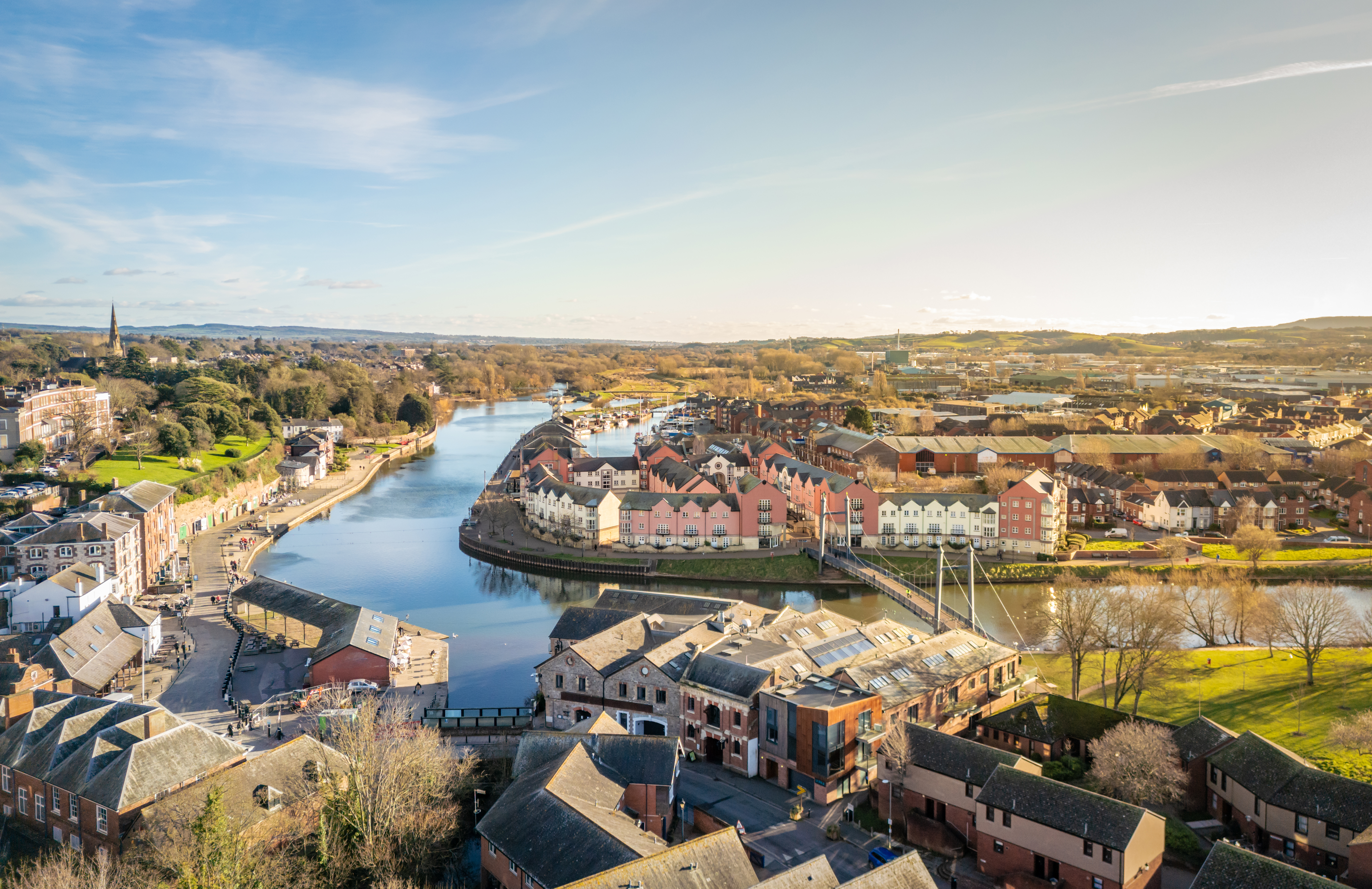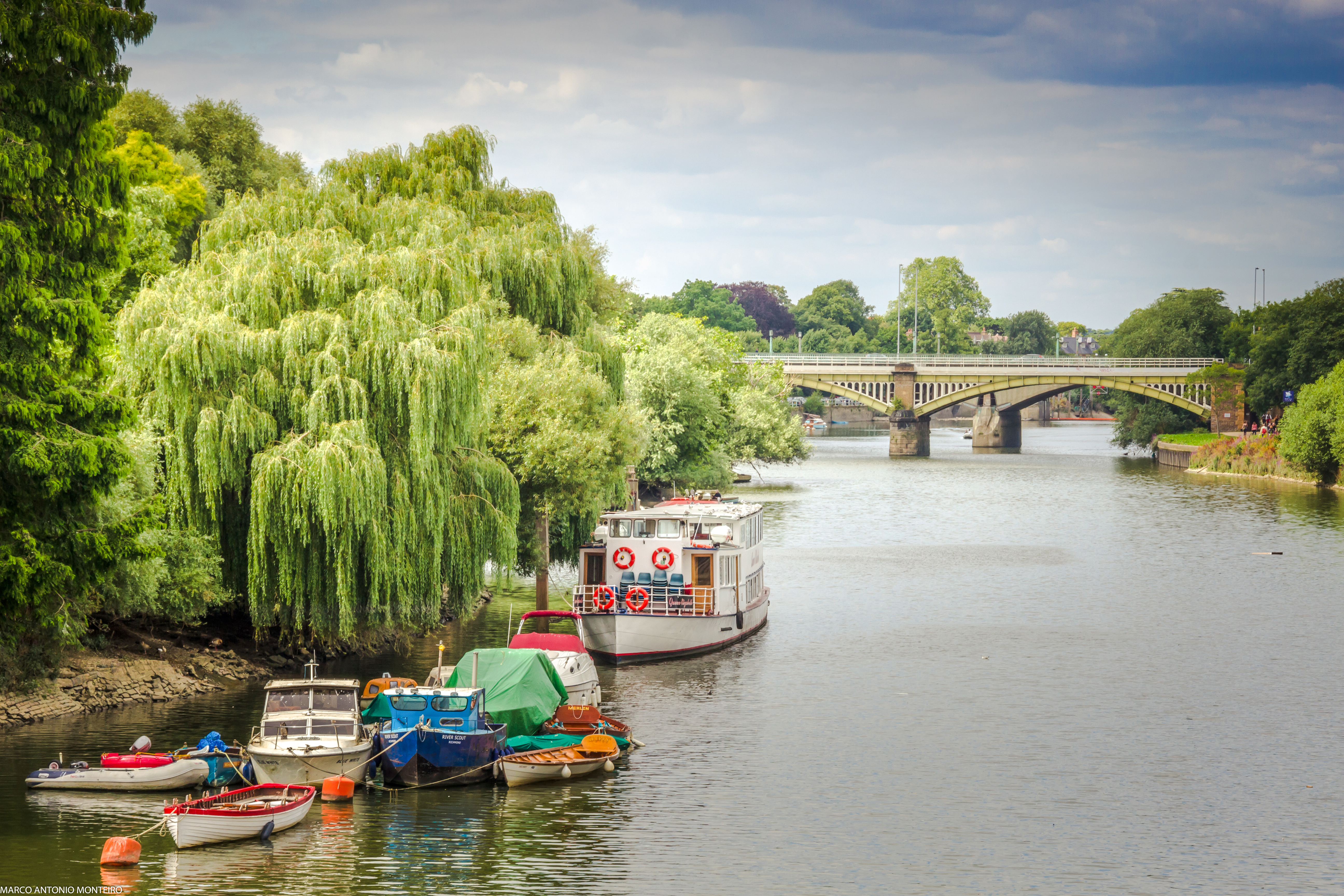Top 10 places to retire in the UK in 2025
We list the top 10 places in the UK to retire in 2025, based on factors such as access to hospitals and green spaces


Get the latest financial news, insights and expert analysis from our award-winning MoneyWeek team, to help you understand what really matters when it comes to your finances.
You are now subscribed
Your newsletter sign-up was successful
Want to add more newsletters?

Twice daily
MoneyWeek
Get the latest financial news, insights and expert analysis from our award-winning MoneyWeek team, to help you understand what really matters when it comes to your finances.

Four times a week
Look After My Bills
Sign up to our free money-saving newsletter, filled with the latest news and expert advice to help you find the best tips and deals for managing your bills. Start saving today!
Having enough money in your pension so you can afford to retire is crucial but choosing where to retire when the time comes can be equally important for many.
Factors such as proximity to family and the cost of living are key factors when deciding where to spend your golden years. But if other factors – such as access to hospitals and green spaces – are more important then estate agency Savills, in conjunction with The Telegraph, has produced a list of the 10 best places to retire in the UK to try and make that decision easier.
We will look at the top three places in more detail later but below are the top 10 places the research uncovered, in which Exeter in Devon comes top and six places in London feature prominently.
MoneyWeek
Subscribe to MoneyWeek today and get your first six magazine issues absolutely FREE

Sign up to Money Morning
Don't miss the latest investment and personal finances news, market analysis, plus money-saving tips with our free twice-daily newsletter
Don't miss the latest investment and personal finances news, market analysis, plus money-saving tips with our free twice-daily newsletter
Top 10 places to retire in the UK
- Exeter, Devon
- Merton, South West London
- Richmond-upon-Thames, South West London
- Epsom & Ewell, Surrey
- Worcester, Worcestershire
- Sutton, South West London
- Bromley, South East London
- Cheltenham, Gloucestershire
- Kingston-upon-Thames, South West London
- Westminster, Central London
How was the list put together?
The research looked at key metrics, such as the number of hospitals, GPs and dentists per 10,000 people and the availability of shops and green spaces nearby. Crime levels, other than fraud, were also considered, before the figures were cross-checked against average property prices. Those prices excluded new builds.
Savills' Frances McDonald says: “Owner occupiers aged 65-plus hold an estimated £2.6 trillion of net housing wealth, with many having reached the point where they have paid off their mortgage debt.
“In some cases, these movers are likely to reconsider the location of their home to ensure the convenience and proximity of local amenities and health services, so they can be less reliant on others in later life.”
Top three places to retire in more detail
1. Exeter, Devon

Exeter, Devon has been named the top place to retire in the UK
Healthcare ranking (for the number of hospitals, GPs and dentists per 10,000 people): 15
Average house price: £338,000
Public transport: Highly rated, with a bus network and trains running from surrounding areas.
The city's location in the heart of Devon, surrounded by miles of countryside and close to the world heritage Jurassic Coast, means there are plenty of opportunities for adventure, according to Visit Exeter.
It describes Exeter as a "small city that packs a big punch", adding that is one of the most vibrant, attractive and historically interesting cities in England.
2. Merton, South West London

The London Borough of Merton is home to the All England Lawn Tennis Club, where The Wimbledon Championships take place
Healthcare ranking: 6
Average house price: £722,000
Public transport: A bus network, several train stations and two London Underground lines.
Formed in 1965, the London Borough of Merton is an outer London borough to the south-west of the capital. According to the Merton Council website, it has a population of over 200,000 residents living in 80,000 households, served by 7,000 businesses. It is also home to the world-famous All England Lawn Tennis Club, where the Wimbledon Championships take place every year.
3. Richmond-upon-Thames, South West London

Richmond-upon-Thames is a 20 minute train journey from London Waterloo
Healthcare ranking: 24
Average house price: £889,000
Public transport: The holy London trinity of bus, Underground and National Rail.
Richmond-upon-Thames is located in South West London only 20 minutes from London Waterloo. According to the Visit Richmond website, it is "probably London's most attractive borough" and has long been a favourite retreat for royalty and the rich and famous, including King Henry VIII, Queen Elizabeth I and King George III. It also boasts the longest stretch of the River Thames.
Related stories
Get the latest financial news, insights and expert analysis from our award-winning MoneyWeek team, to help you understand what really matters when it comes to your finances.
Chris is a freelance journalist, and was previously an editor and correspondent at the Financial Times as well as the business and money editor at The i Newspaper. He is also the author of the Virgin Money Maker, the personal finance guide published by Virgin Books, and has written for the BBC, The Wall Street Journal, The Independent, South China Morning Post, TimeOut, Barron's and The Guardian. He is a graduate in Economics.
-
 Can mining stocks deliver golden gains?
Can mining stocks deliver golden gains?With gold and silver prices having outperformed the stock markets last year, mining stocks can be an effective, if volatile, means of gaining exposure
-
 8 ways the ‘sandwich generation’ can protect wealth
8 ways the ‘sandwich generation’ can protect wealthPeople squeezed between caring for ageing parents and adult children or younger grandchildren – known as the ‘sandwich generation’ – are at risk of neglecting their own financial planning. Here’s how to protect yourself and your loved ones’ wealth.
